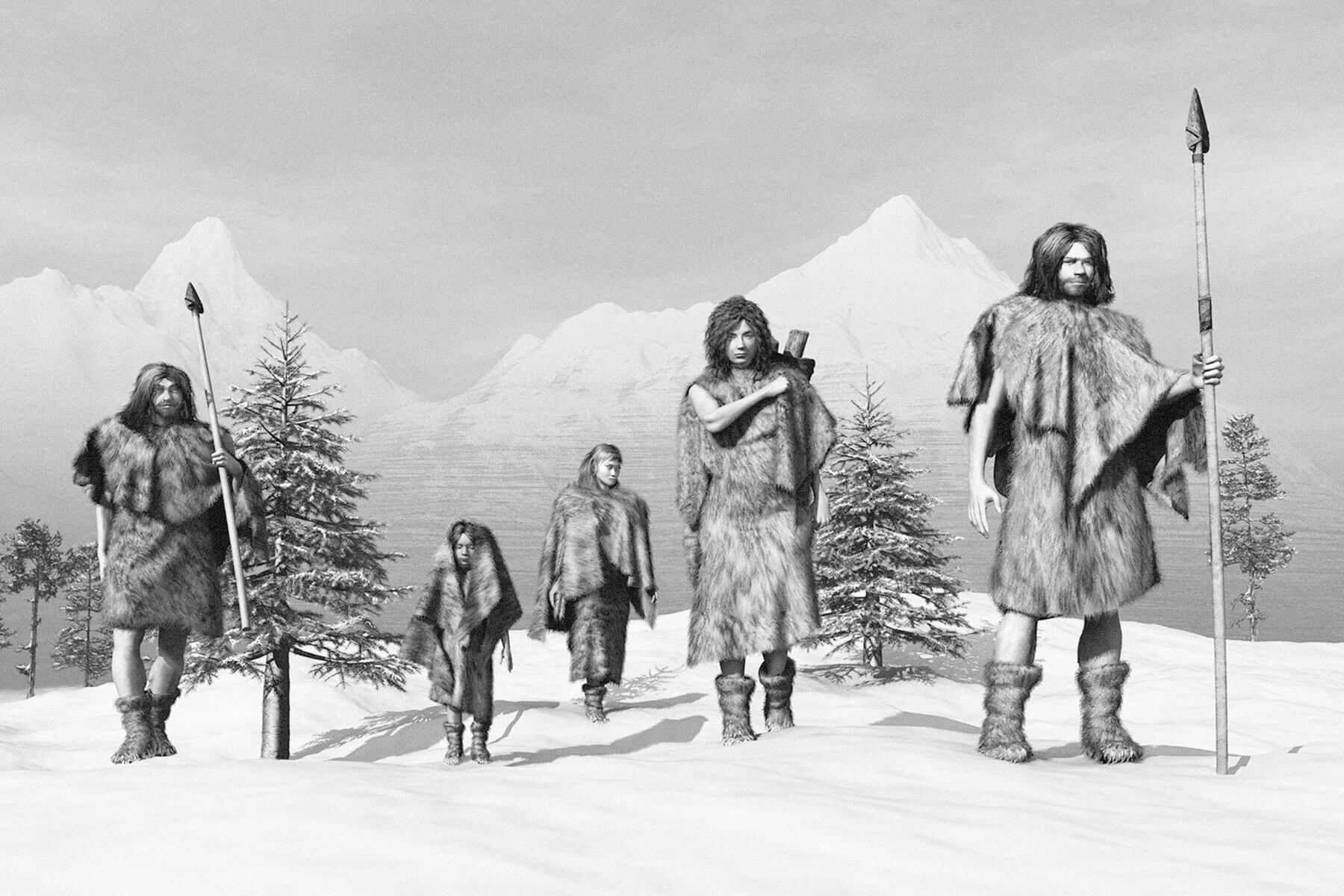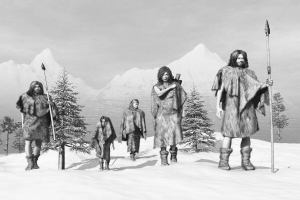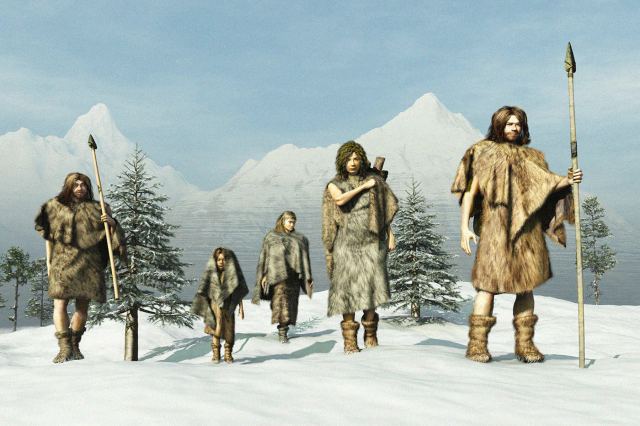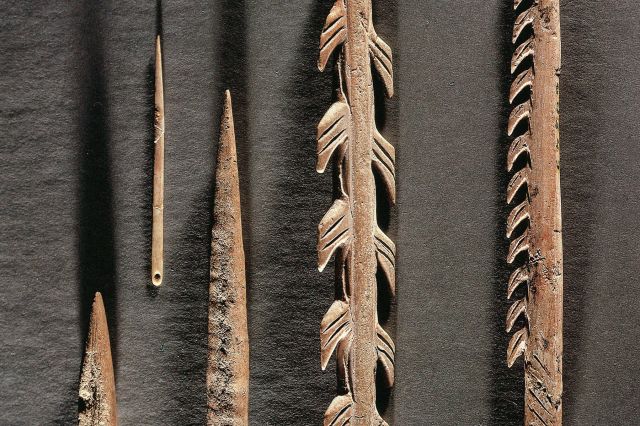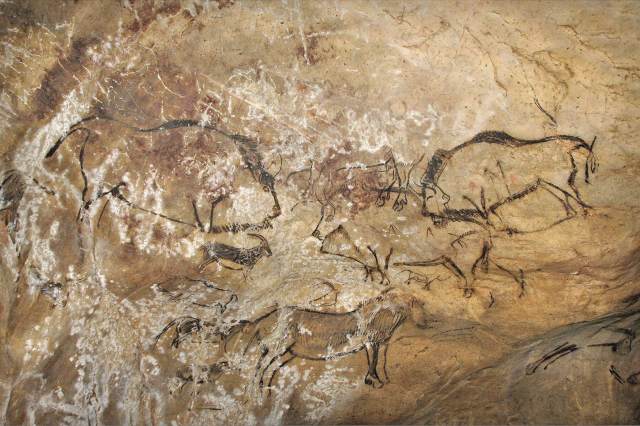How Did Humans Survive the Ice Age?
Earth has experienced at least five significant ice ages in its history — periods in which colder global temperatures caused glaciers to expand across the planet’s surface. Homo sapiens, which emerged about 300,000 years ago in Africa, survived two such ice ages. The most recent, known as the Last Glacial Period, or simply the “last ice age,” occurred between 120,000 and 11,500 years ago. It reached peak conditions between 24,000 and 21,000 years ago, in a period known as the Last Glacial Maximum, when vast ice sheets covered North America and northern Europe.
At that point, Homo sapiens had already spread around the world. Many of our ancestors, therefore, found themselves in a survival situation during the frigid ice age, along with animals such as brown bears, caribou, and wolves — as well as large animals known as megafauna. These impressive creatures included woolly mammoths, mastodons, and saber-toothed cats — all of which went extinct during the last ice age.
How, then, did humans survive? It was no easy task, for sure, but our ancestors were highly adaptable. Here’s how humans not only managed to survive the last ice age, but also emerged as the most dominant species on Earth.
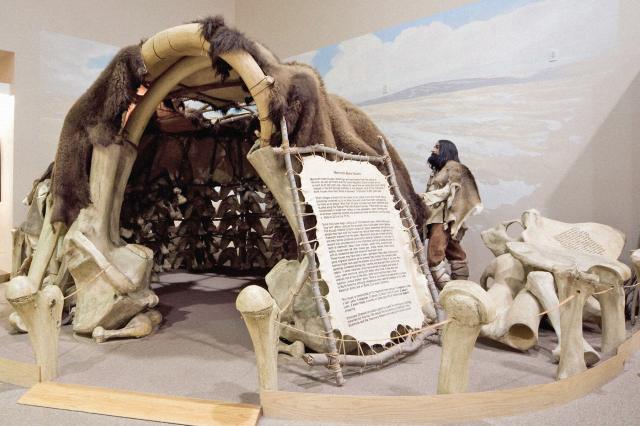
Weatherproof Shelters
Contrary to the popular image of ice age humans — or “cavemen” — living in deep caves, our ancestors were more likely to have built sturdy rock shelters. While these shelters often made use of natural features, such as a depression in a cliff face, early humans would also have made extensive modifications to further weatherproof their shelters, such as draping large animal hides from overhangs to block out the bitter winds. With a warm fire blazing inside, these shelters provided ample protection from the cold. In the brief but slightly warmer summer months, when hunters moved out onto the open plains, they built dome-shaped huts or tents out of mammoth bones, which were then covered with animal skins.





